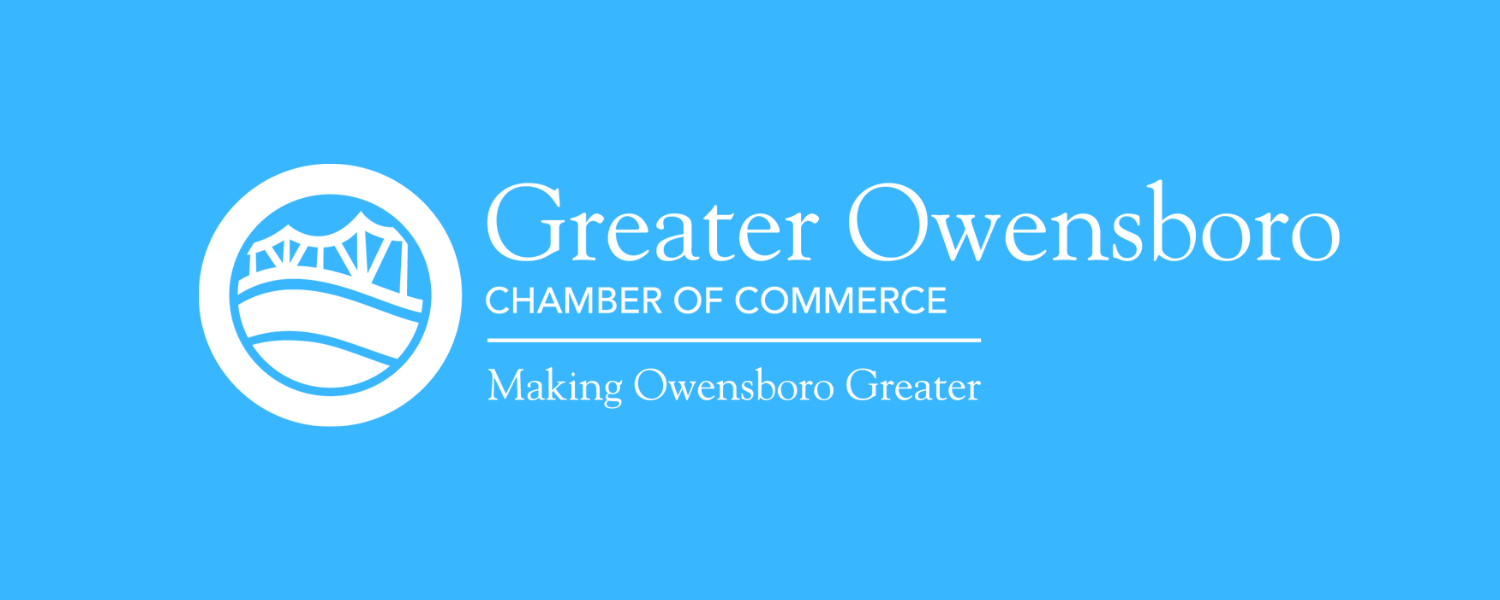This Kentucky city is turning childcare desert into oasis of early childhood education
Leaders in the midsize river city of Owensboro, Kentucky are working together intentionally to build an early childhood system that supports their growing economy and the young families coming to the area to live and work. Owensboro has been successful growing a vibrant economy and a city full of arts and culture, as well as recreation. As a result, they’ve attracted young families as part of a growing workforce. Young families need access to early childhood opportunities and childcare. Yet, more than 50 percent of families live in childcare deserts, which means there are too few early learning opportunities for children and 50 percent of Kentucky children enter kindergarten not fully ready. And it doesn’t end there: The lack of high quality and affordable early childhood education for working Kentucky families accounts for $573 million in lost earnings, business productivity and tax revenue.
From small towns to urban areas, the lack of quality child-care – especially since COVID – is having a generational impact on education and the economy. But the difference in Owensboro is that community members decided to do something about it. The Owensboro community is not going to settle for 49% of students not kindergarten-ready, 47% not reading proficiently by the end of third grade, and only 20% of Owensboro children under age 5 having access to early childhood education. Education, business, and community leaders came together around the challenge and last year created a multi-year plan to improve early childhood outcomes. The plan is a model for what other communities across Kentucky can do to realize measurable change in education, too. Owensboro chose to focus on early childhood education, but the work is an example of what any community can do to take on any education challenge – from third grade reading and math levels to increasing post-high school success.
In Owensboro, community leaders are taking a hyper-local approach to respond to the unique needs of children and families locally. Community leaders formed a group called the Greater Owensboro Partnership for Early Development, which took specific steps forward in their first year as part of strategic planning process, including: ▪ Realizing the issue is the responsibility not just of the school district, but the community has a role to play. ▪ Researching and analyzing the issue – identifying gaps and mapping services.
▪ Creating a plan for closing gaps and realizing results in a 5-year period. ▪ Understanding that the solutions must be a holistic, systemic, and sustained. ▪ Convening a group that included school superintendents, university presidents, the chamber of commerce, and community-building organizations.
▪ Establishing the Public Life Foundation of Owensboro as the backbone organization to keep us on track and accountable, with support and coaching by the Prichard Committee for Academic Excellence. Through a collaborative effort to better understand they issues at play, community leaders arrived at multi-strategy, 5-year plan, which the Prichard Committee is supporting and following: ▪ Launch a public advocacy campaign to encourage community-wide support of quality early childhood education.
▪ Implement early childhood education talent development and retention strategies to meet early childhood education workforce needs. ▪ Implement employee-based child-care partnerships among employers and childcare centers. ▪ Identify and enroll all families eligible for the Child Care Assistance Program (CCAP) subsidy and sustain CCAP eligibility to 200% of the federal poverty level and make all children within 200% of the federal poverty level eligible for public preschool. ▪ Raise the quality of all childcare centers to 3 STARS or above and clear the Head Start, preschool and childcare waiting lists for all children under age 5. ▪ Utilize data to monitor for continuous improvement of educational outcomes for children enrolled in early childhood education programs. ▪ Report to the community annually on our progress. Building a local groundswell of action to solve important issues doesn’t have to stop with Owensboro. No community in Kentucky can afford the status quo when it comes to education outcomes. Bringing together the big thinkers, problem-solvers and everyone who has a passion to create change and improvement in education outcomes is what Owensboro is modeling. A community-wide challenge can only be overcome with a community-wide solution – leaders in Owensboro are showing it’s possible.
Brigitte Blom is president and CEO of the Prichard Committee for Academic Excellence. Bruce Hager is the former chair of the Public Life Foundation of Owensboro, and Candance Brake is the president and CEO of the Greater Owensboro Chamber of Commerce.
By Brigitte Blom and Candance Castlen Brake Lexington Herald Leader

